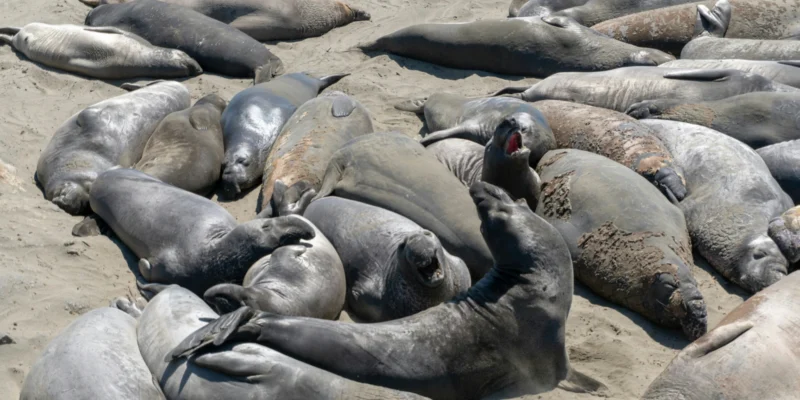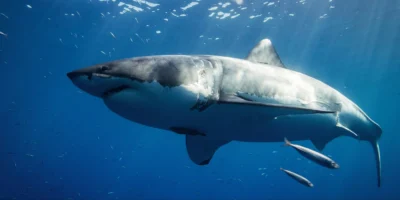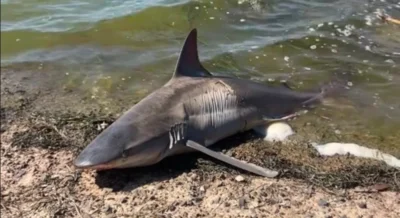In the coastal waters of New England, there has been a noticeable increase in attacks on humans by great white sharks in recent years. Just last year, two people fell victim to such incidents, one of them fatal. Many blame human impact on nature for this development. But researchers see another reason.
The role of seals
Since 1972, seal hunting has been legally banned in New England to protect the populations. The success of this measure is unmistakable: today, an estimated 50,000 animals live in the region. But the growing number of seals also attracts their biggest predators – great white sharks.
Since seals are among the preferred prey of these sharks, their strong spread inevitably leads to a greater presence of sharks along the beaches. The result: encounters between swimmers and sharks are increasing – often with bloody consequences. Some residents of Cape Cod have therefore already called for the hunting ban to be lifted.
Between protection and risk
As simple as it sounds, the solution is not. Marine biologist Blake Chapman warns against a massive intervention in the ecosystem. “This is a risk we take, and such natural events happen from time to time,” she told the British paper Express. A renewed culling of seals or sharks would not sustainably ease the situation – both species would return in the medium term.
Instead, Chapman advocates alternative measures such as consistent monitoring of the shark population and the use of modern deterrent technologies that can protect beachgoers without endangering the ecological balance.





